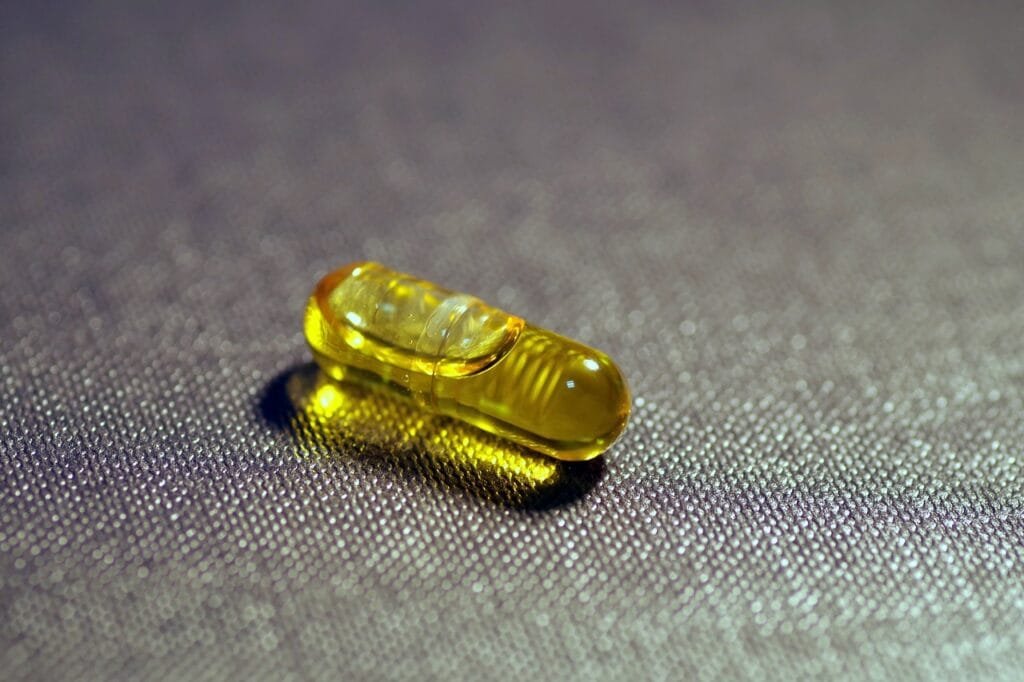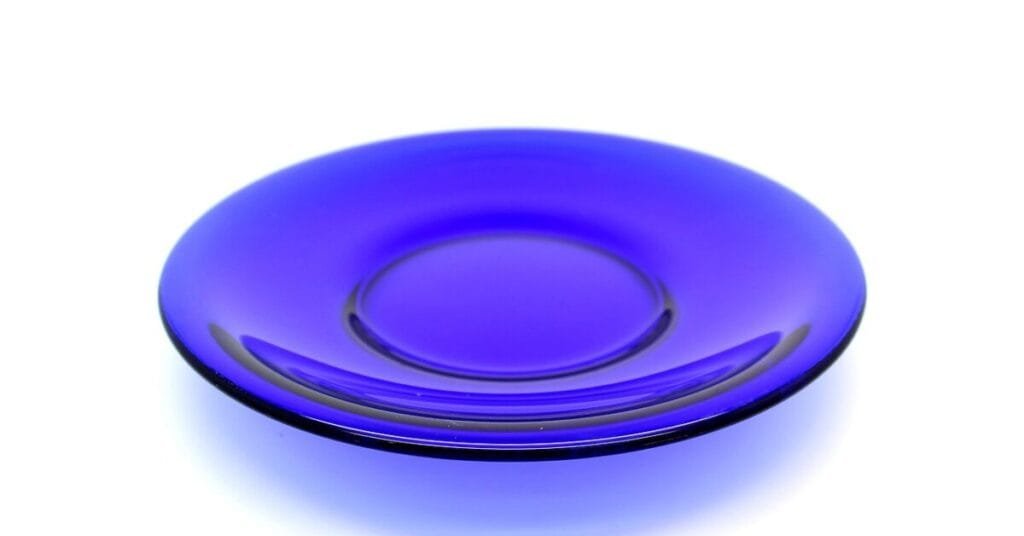Anti-Aging Benefits of Ginger
Imagine unlocking a secret so potent, so transformative, that it has been cherished across continents and centuries. Picture a humble root, gnarled and unassuming, yet brimming with life-enhancing properties that modern science is only beginning to unravel. Yes, I’m talking about ginger—a spice that has journeyed from ancient remedies to our contemporary kitchens, offering a treasure trove of health benefits, especially for those of us embracing life beyond 40.
As we navigate the rich tapestry of midlife, our bodies whisper for a bit more care, a touch more nourishment. It’s a phase where vitality isn’t just a desire; it’s a necessity. Enter ginger, nature’s fiery root, renowned not just for its zesty flavor but for its profound impact on health and well-being. From soothing digestive woes to bolstering our immune defenses, ginger emerges as a steadfast ally in our quest for sustained vitality.
But what makes this spice so extraordinary? How can incorporating ginger into our daily routines revolutionize our health journey? In this comprehensive guide, we’ll peel back the layers of this golden root, exploring its multifaceted benefits, backed by science and enriched by centuries of traditional wisdom. We’ll also navigate the considerations to keep in mind, ensuring that our embrace of ginger is both beneficial and informed.
So, steep that cup of ginger tea, settle into your favorite chair, and let’s embark on a flavorful exploration of how ginger can spice up our health, especially as we savor the richness of life after 40.
Modern science has begun to validate many of these traditional uses, revealing ginger’s potential to enhance well-being, especially for individuals over 40. In this comprehensive guide, we’ll delve into the multifaceted advantages of incorporating ginger into your daily routine, while also considering important precautions. So lets start with list of benefits of ginger.

1. Anti-Inflammatory Properties
Ginger contains potent anti-inflammatory compounds known as gingerols. These bioactive substances have been shown to reduce inflammation, which is often the root cause of various ailments. For those over 40, managing inflammation is crucial in preventing chronic diseases and maintaining overall health.
2. Digestive Health
Ginger has been traditionally used to alleviate digestive issues. It aids in reducing bloating, gas, and promotes smooth digestion by enhancing gastric motility. This ensures that food passes through the digestive tract efficiently, reducing discomfort and promoting gut health.
3. Nausea Relief
One of the most well-recognized benefits of ginger is its ability to combat nausea. Whether it’s motion sickness, morning sickness during pregnancy, or nausea induced by chemotherapy, ginger has been found to be an effective natural remedy.
4. Immune System Support
The antimicrobial and antioxidant properties of ginger bolster the immune system. Regular consumption can help ward off common infections and illnesses, keeping you healthier as you age.
5. Pain Reduction
Ginger’s anti-inflammatory properties extend to pain relief, particularly in conditions like osteoarthritis. Studies have shown that ginger can reduce pain and improve joint function, offering a natural alternative to conventional pain relievers.
6. Cardiovascular Health
Regular intake of ginger has been linked to improved heart health. It may help lower cholesterol levels, reduce blood pressure, and prevent blood clot formation, thereby reducing the risk of heart disease.
See YouTube Video below.
7. Blood Sugar Regulation
Ginger has been found to improve insulin sensitivity and assist in blood sugar control, making it beneficial for individuals managing diabetes or those at risk.
8. Weight Management
Incorporating ginger into your diet may aid in weight loss efforts. It can enhance calorie burning and reduce feelings of hunger, contributing to weight management. backlinko.com+1en.wikipedia.org+1
9. Cognitive Function
Emerging research suggests that the antioxidants and bioactive compounds in ginger can inhibit inflammatory responses in the brain, potentially enhancing cognitive function and protecting against age-related decline.
10. Menstrual Pain Relief
Ginger has been traditionally used to alleviate menstrual discomfort. Studies have shown that it can be as effective as non-steroidal anti-inflammatory drugs (NSAIDs) in relieving menstrual pain.
11. Respiratory Health
The anti-inflammatory properties of ginger extend to respiratory health, helping to relieve congestion and soothe respiratory tract infections.
12. Antimicrobial Properties
Ginger exhibits antimicrobial properties that can help in fighting infections, making it a valuable addition to your diet for maintaining overall health.
Precautions: Ginger and Blood Thinners
While ginger offers numerous health benefits, it’s essential to exercise caution, especially for individuals on blood-thinning medications like warfarin (Coumadin). Ginger can enhance the effects of these medications, increasing the risk of bleeding. Therefore, it’s advisable to consult with a healthcare provider before incorporating significant amounts of ginger into your diet if you’re on such medications.
Incorporating Ginger into Your Diet to unlock benefits of ginger
Here are some enjoyable ways to add ginger to your daily routine to unlock benefits of ginger:
- Ginger Tea: A warm cup of ginger tea can be soothing and beneficial for digestion.
- Smoothies: Add fresh ginger to your morning smoothie for an extra health boost.
- Cooking: Incorporate ginger into stir-fries, soups, and marinades to enhance flavor and health benefits.
- Baking: Use ginger in baking recipes like gingerbread or muffins for a spicy kick.
In conclusion, ginger is a versatile and potent spice with a multitude of health benefits, particularly for those over 40. However, it’s crucial to consume it mindfully, especially if you’re on medication or have existing health conditions. Always consult with a healthcare professional before making significant changes to your diet or health regimen.
Read Other Nutrition Articles, click here.




